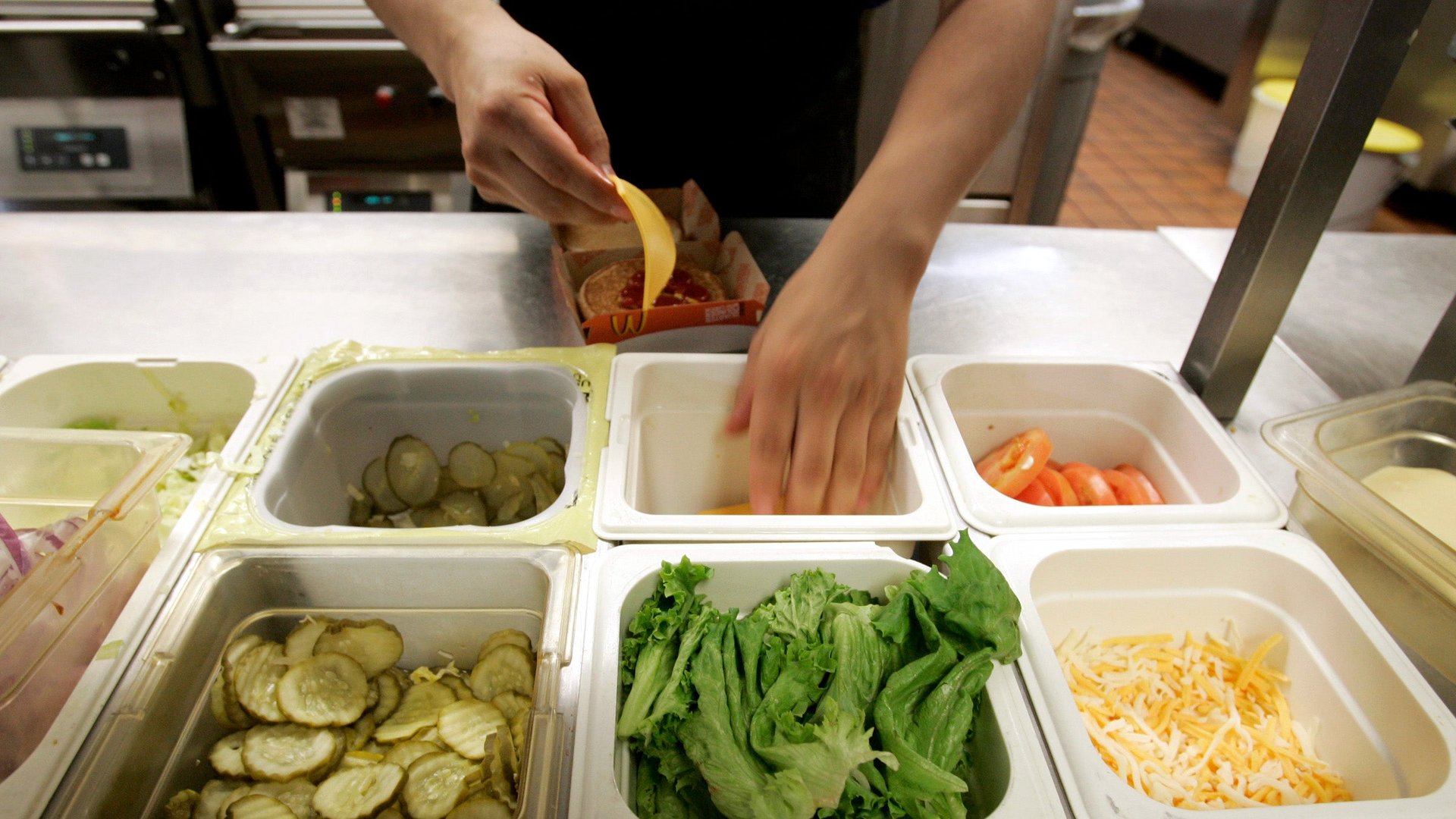Striking fast food-workers will get a lift from US immigration reform—and so will foreign students
If immigration reform makes it through US Congress, fast-food workers striking for higher wages will have one fewer competitor driving down their pay: foreign students in the United States on “cultural exchanges” who end up working low-wage jobs.


If immigration reform makes it through US Congress, fast-food workers striking for higher wages will have one fewer competitor driving down their pay: foreign students in the United States on “cultural exchanges” who end up working low-wage jobs.
The US government has a special visa category, J-1, for students to come here on cultural exchanges, including au pairs, camp counselors and researchers. Sometimes families or schools will host a foreign student, but employers can also sponsor J-1 visas for students who come to the US for seasonal work. As you can imagine, that’s not necessarily an ideal cultural exchange, and things can go wrong.
For example: Jorge Rios, a 27-year old from Argentina, worked at a McDonalds in Pennsylvania from December 2012 to 2013. His visa was sponsored by the franchise’s owner, Andy Cheung, who charged Rios $300 a month to live in a basement apartment with other foreign workers while keeping him on call to work irregular hours, but never the full 40 a week he was promised. When he complained, he was threatened with deportation. To add insult to injury, Rios paid a recruitment agency $3,000 for the privilege of coming to the US.
Rios is one of hundreds of foreign students who has reported this kind of exploitation at fast food restaurants, and one 92,000 students who came to the US for “summer work travel” last year. The workers who are exploited are the primary victims, but they also act as a floor for labor conditions, dragging down standards for all workers.
In the Senate immigration bill, lawmakers require recruitment agencies to register with the State Department. Only accredited agencies will be allowed to sponsor J-1 visas, and they’ll lose that accreditation if they put workers in abusive situations. Perhaps more importantly, the legislation will limit these agencies from collecting payments from foreign workers, forcing businesses that want to use them to pay for their services. Finally, the bill has strong measures to prevent employers from retaliating against student workers, according to J.J. Rosenbaum, the legal director at the National Guestworker Alliance.
Advocates are hopeful that these measures will help level the playing field, but businesses are already lining up to fight them as immigration reform efforts move to the House of Representatives, a decidedly less friendly venue for expanded labor rights.